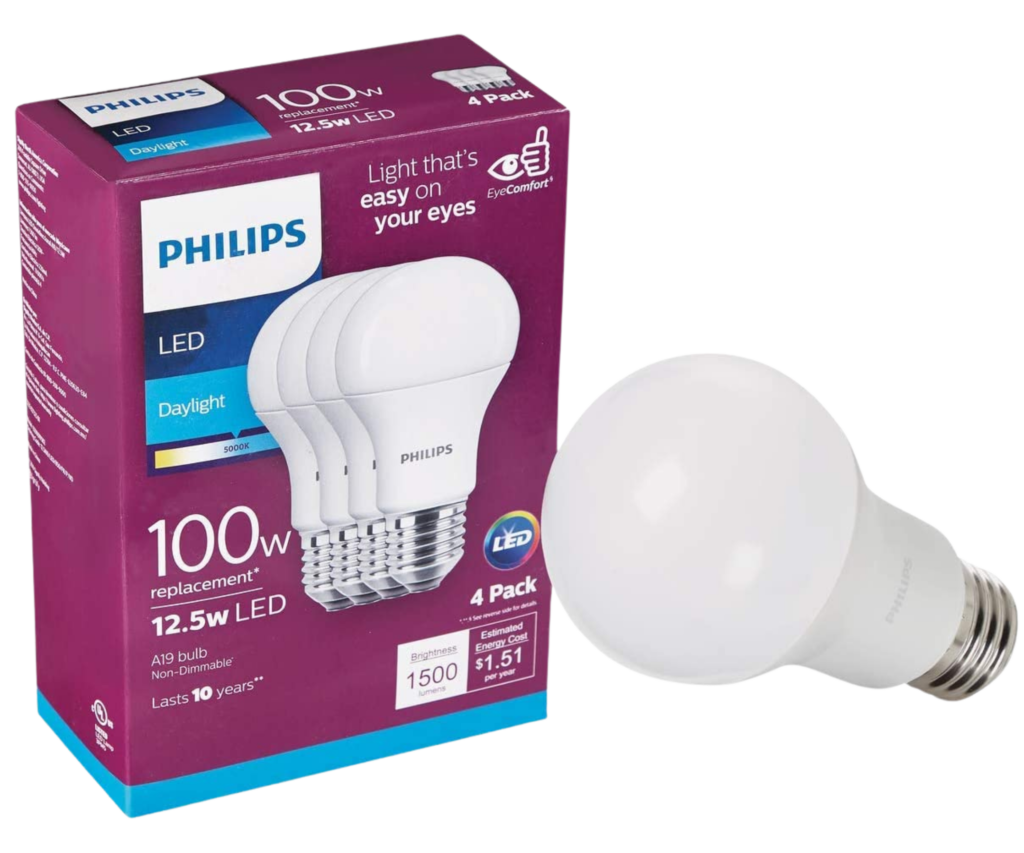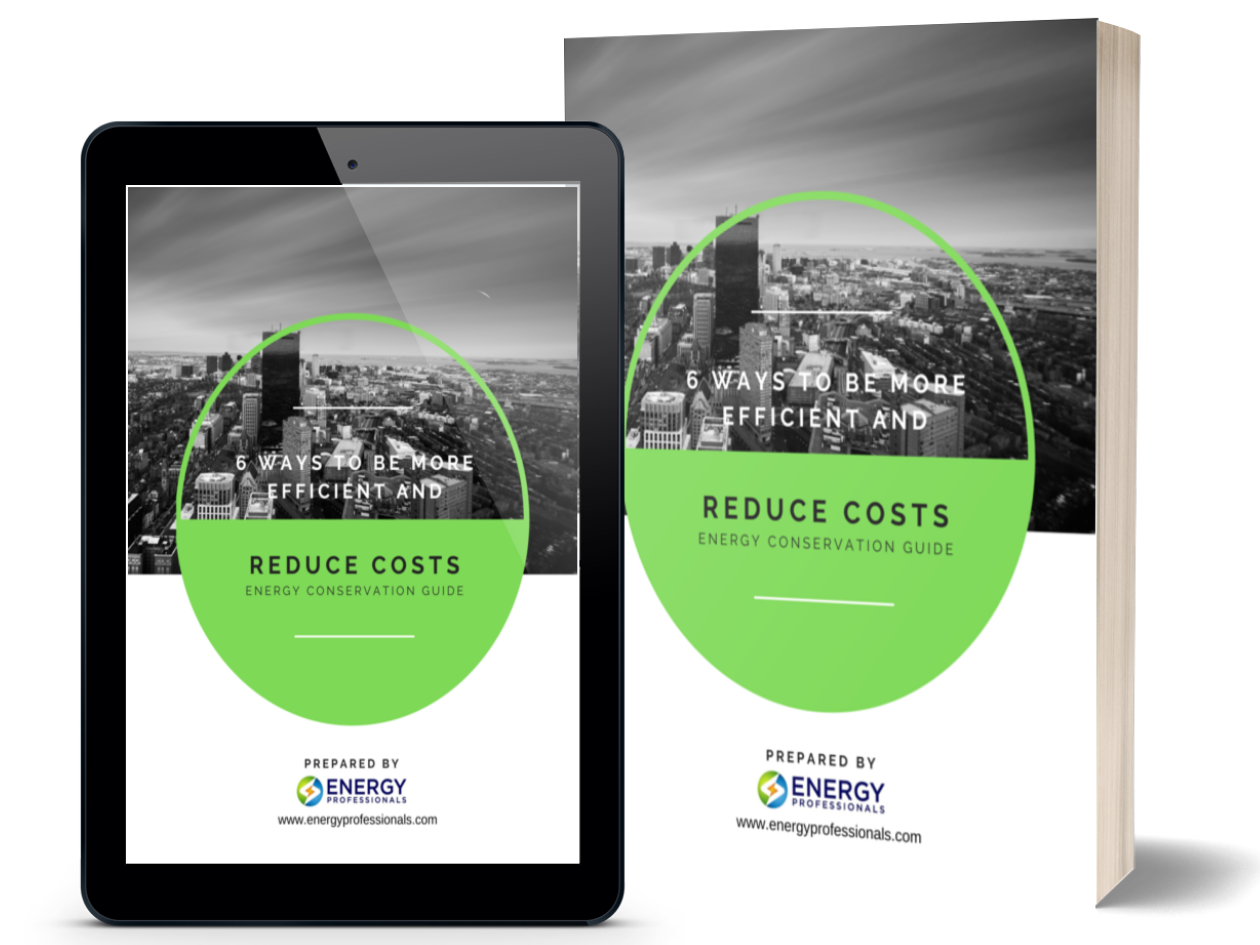What is a Kilowatt-Hour? A Very Simple Explanation
Every year, thousand if not millions of energy consumers part-take in the energy choice program by choosing their own energy

Every year, thousand if not millions of energy consumers part-take in the energy choice program by choosing their own energy
Every year, thousand if not millions of energy consumers part-take in the energy choice program by choosing their own energy supplier, along with the rates and plans that best fit their personal or business energy needs.
In this article, we will discuss what a Kilowatt-Hour is, and why it’s important when you shop for and secure lower energy rates, be it for your home or business.
If you want to jump straight to the explanation of a Kilowatt-Hour, CLICK HERE.
But if you have an extra minute or two, we thought it would be best to spend a few paragraphs briefly discussing the energy choice program, energy deregulation, and how a kilowatt-hour fits into the picture.
Energy deregulation refers to select states that allow retail energy suppliers to offer electricity and natural gas directly to consumers – meaning you.
This is known as energy deregulation or the energy choice program.
If you’re not already familiar with the energy choice program we’ve put together a short video to help you better understand it.
The energy choice program allows you, as an energy consumer, to shop around and find an energy supplier that best fit your energy needs.
One of the biggest advantages of being able to choose your own energy supplier is finding better rates. But rate of what?
Here’s where kilowatt-hours come in.
When it comes to your electric bill, you pay for energy by the kilowatt-hours. Kind of like buying fruit by the pound.
At some point, you may have seen the words “Kilowatt-Hours” or “KWH” on your electric bill followed by a number. So, what is a kilowatt-hour?
Ok, now we’re going to get into the crux of the matter. What is a kilowatt-hour?
In its simplicity, a kilowatt-hour is a measure of how much electricity you are using.
Randomly, it’s not necessarily how many kilowatt-hours you use in an hour. Rather, it’s just a unit that your utility company uses to measure how much electricity you use.
Instead of getting into the complicated details of it, which many articles do, let’s cover a few very simple examples that are easy to relate to:
 When you buy appliances, their box or description usually says how much watts they use. A watt being the amount of electricity the appliance use.
When you buy appliances, their box or description usually says how much watts they use. A watt being the amount of electricity the appliance use.
Let’s say you have bought a 100W LED light bulb.
If you left that light bulb on continually for 10 hours, it would add up to 1 kilowatt-hour (1 KWH).
If you left that light on for 5 hours each day, it would equal 15 kilowatt-hours in a month. And if you paid 10 cents for every kilowatt-hour, that one light bulb would cost you $1.50 a month.
Now let’s take something bigger, like an electric stove.
When you turn on your electric stove it draws 2000 watts. If you leave the stove on for 30 minutes, that equals 1 kilowatt-hour.
If you cooked, using that stove, for 1 hour each day it would equal 60 kilowatt-hours in one month. At a rate of 10 cents per kilowatt-hour. The stove would cost you $6.00 a month.
Your local utility charges you based on how many kilowatt-hours you use.
At the end of each month, the total number of kilowatt-hours you used times the rate you pay for each Kilowatt-Hour will determine a large portion of your monthly electric bill.
A Sample Electric Bill
Every month your electric bill tells you exactly how many Kilowatt-Hours you used that month as well as what rate you’re paying per kilowatt-hour. Below you can see a sample electric bill from the Philadelphia Electric Company (the utility company that services, greater Philadelphia). While different utility bills use different wording and languages, if you examine your bill you will be able to see the KWH information.
As we specialize in helping businesses find the best rates and plans for their needs, let’s adapt kilowatt-hours to a business.
Let’s say that between all the lights, computers, air conditioning in an office, your business used 10,000 kilowatt-hours in one month, and let’s say that each kilowatt-hour cost 10 cents.
The supply portion of your electric bill would be $1,000.
If you live in a deregulated energy state, the fastest way to lower your monthly electric bill is to find a retail energy supplier that charges less per kilowatt-hour (hence “a better rate”).
For example, by finding a rate of 8 centers per KWH, you could immediately reduce your monthly electric bill by $200 a month, or $2,400 a year.
 Some years ago, one of our energy advisors called a church in New York.
Some years ago, one of our energy advisors called a church in New York.
The church employee who answered the phone was reluctant to check for better energy pricing, as she explained that she was sure she was getting a very good rate already.
She had worked with an energy consultant a few years back and insisted the person she signed up with was a very nice fellow who offered her the absolute best electric rates.
Our advisor explained that we are here to help and offered a free rate analysis.
Our free rate analysis simply checks to see if a rate is in fact, the lowest rate available.
Having completed the energy rate analysis, our energy advisor would either confirm she had the lowest rates, or should we find something better, we would advise on the better energy rates and her options.
On receipt of her energy bills, both our advisor and the lady were shocked to see she was paying more than double the standard rates.
Working with our network of top suppliers, our energy advisor was able to find a rate that was 67% lower than what she was paying, which ended up saving the church about $20,000 a year in energy costs and $60,000 for the duration of her three-year fixed-price agreement.
$60,000 was saved just by shopping for lower rates, thanks to the energy choice program.
Now that you understand what a kilowatt-hour is, check your electric bill to see how much you are paying per kilowatt-hour.
If you live in a deregulated state and have access to the energy choice program, finding low rates per KWH is one of the easiest and most effective ways to lower your monthly energy bills, allowing you to pay less money for the exact same amount of KWH’s used.
Another way you can lower your monthly electric bill is by buying LED lights and appliances that use less energy (more modern equipment tends to be more energy efficient).
While there are many things that you can do to better manage and lower your electric bill, in this article we just wanted to explain what a kilowatt-hour was and how why it’s important when shopping for electricity rates.
We hope you found this article helpful and wish you the best of luck in shopping and finding the best energy rates and plans for your energy needs.


Don't have one? You can get one by calling us at 855-4-PKIOSK.
Energy Professionals is committed to finding its customers the best possible rates on electricity and natural gas. Tell us your location and service type and our energy manager will connect you to the most competitive offers.
Switching to an alternate supplier is easy. There is no chance of service disruption, and you'll continue with your current utility for energy delivery and emergency service. Take a few minutes to discover your best offers, and enjoy the benefits of retail energy in your home or business.
1. Energy Type
2. Service Type
3. Zip Code
4.Local Company
5.Zone
We believe that knowledge is power. Here’s a free e-book that provides business solutions to reducing energy costs.
Download E-Book Free Energy Audit




